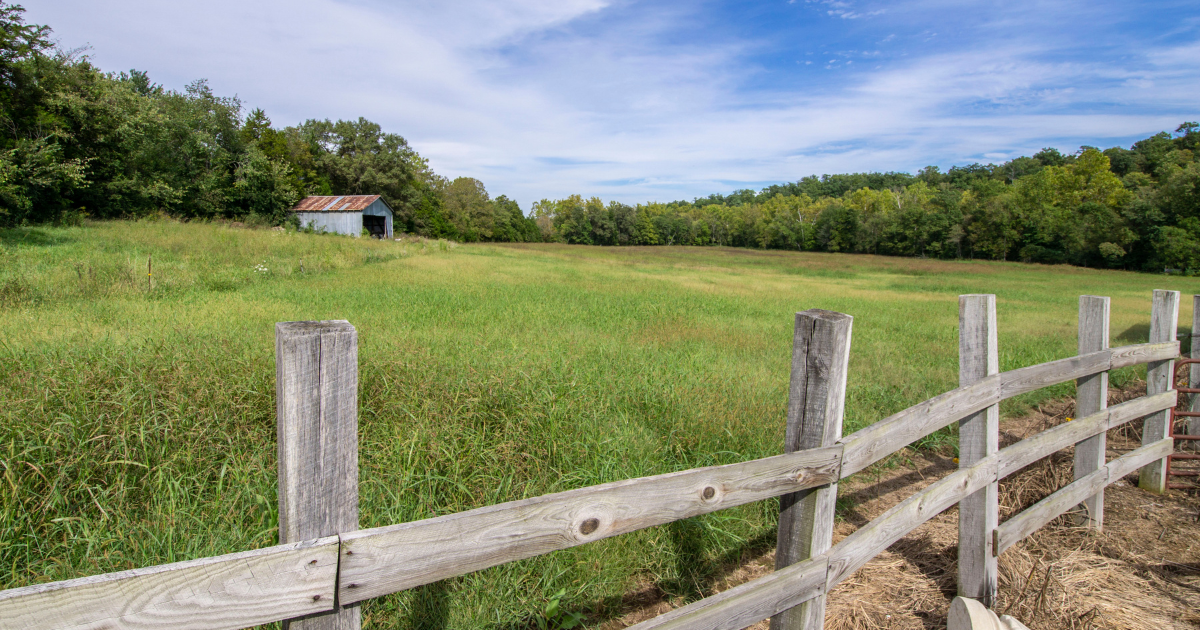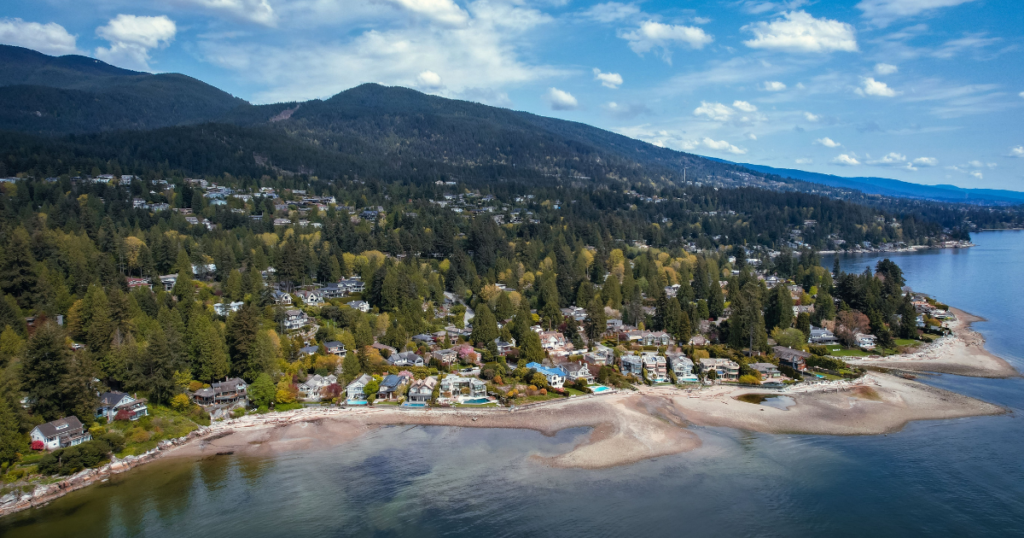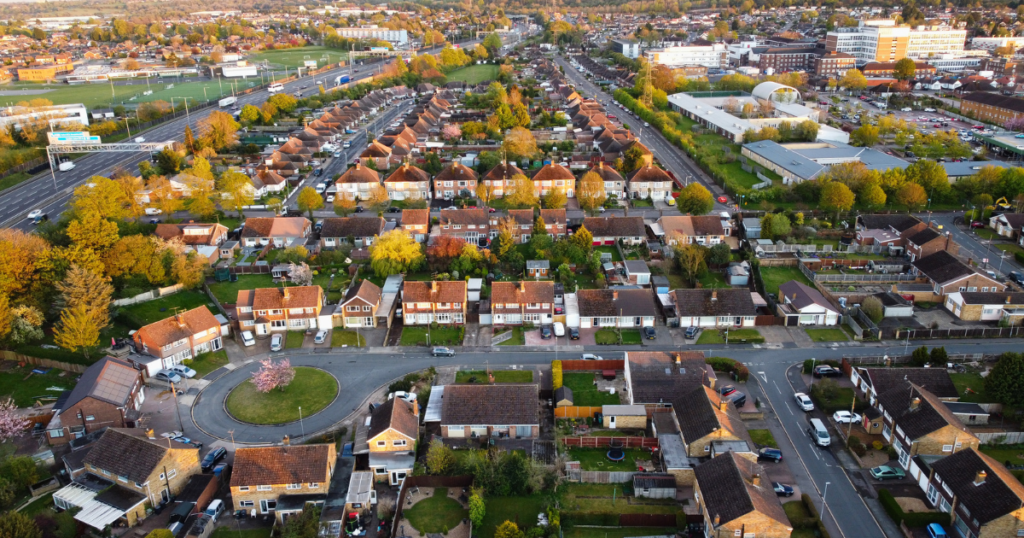Nestled between the Pacific Ocean and the Rocky Mountains, British Columbia (BC) is a land of rich agricultural diversity.
From the fertile plains of the Fraser Valley to the sun-drenched vineyards of the Okanagan, the province’s farming landscapes are as varied as they are productive.
This article delves into the multifaceted world of farm properties in BC, offering an in-depth exploration of the types, geographical distribution, and the economic significance of agriculture in the region.
BC’s agricultural sector is not just a cornerstone of its economy; it’s a tapestry of communities and traditions, where innovation meets the age-old art of farming.
As we navigate through the various facets of farm properties, from market trends to the challenges and opportunities faced by farmers, this guide aims to provide a comprehensive overview, shedding light on the vibrant and evolving world of agriculture in British Columbia.

Types of Farm Properties in British Columbia
BC hosts a variety of farm properties, each unique in its production and operation. This variety not only enriches the province’s agricultural landscape but also caters to different market needs and consumer preferences.
1. Dairy Farms
Predominantly located in the Fraser Valley and Vancouver Island, dairy farms are a significant part of BC’s agriculture.
These farms range from small family-run operations to larger, more industrialized units, all contributing to the province’s status as a leading dairy producer in Canada.
2. Fruit Orchards
The interior regions of BC, especially the Okanagan and Similkameen valleys, are famous for their fruit orchards. These areas produce a variety of fruits such as apples, cherries, peaches, and pears.
The unique microclimates in these regions provide ideal conditions for fruit cultivation, making BC fruit highly sought after both domestically and internationally.
3. Vineyards and Wineries
BC’s wine industry has gained international acclaim, particularly for its production in the Okanagan Valley.
The region’s dry and sunny climate is perfect for growing grapes, leading to a burgeoning industry of vineyards and wineries, which has become a significant tourist attraction and a source of local pride.
4. Poultry and Egg Production
This sector is another pillar of BC’s agricultural industry. Farms specializing in poultry and egg production are mainly found in the lower mainland, including the Fraser Valley. These farms are vital for meeting the province’s demand for poultry meat and eggs.
5. Organic and Sustainable Farms
There is an increasing trend towards organic and sustainable farming in BC. These farms focus on environmentally friendly practices, producing organic fruits, vegetables, and livestock. They cater to a growing segment of consumers who are conscious about health and the environment.
6. Specialty Farms
BC also has a range of specialty farms, including those producing honey, herbs, nuts, and artisanal cheeses. These farms often cater to niche markets and are integral to the local food culture.
Each type of farm property in BC plays a crucial role in the province’s agricultural tapestry, contributing to its reputation as a region of abundant and diverse agricultural production. This variety not only supports the local economy but also enhances the food culture, making BC a unique and important agricultural hub in Canada.
Geographical Distribution
The geographical distribution of farm properties in British Columbia is as varied as the province’s topography.
The Fraser Valley, with its fertile soil and mild climate, is a hotspot for dairy farming and poultry production. The region’s proximity to urban markets like Vancouver also makes it ideal for market gardens and small-scale organic farms.
Interior British Columbia, particularly the Okanagan Valley and Similkameen Valley, is renowned for fruit orchards and vineyards. The unique microclimates in these areas create ideal conditions for growing a variety of fruits and producing award-winning wines.
Coastal regions, though more limited in agricultural land, support niche markets like specialty vegetable crops and floriculture.
Each region faces distinct challenges and advantages due to differences in climate, terrain, and proximity to markets.
Understanding these regional characteristics is crucial for anyone interested in the agricultural sector of BC, whether for investment, farming, or research purposes.
Legal and Regulatory Framework for Farm Properties in BC
Navigating the legal and regulatory framework is crucial for anyone interested in farm properties in British Columbia.
Central to this framework is the Agricultural Land Reserve (ALR), a provincial zone where agriculture is recognized as the priority use. The ALR protects approximately 4.7 million hectares of agriculturally suitable land from urban development and non-agricultural uses.
This policy, while preserving farmland, also imposes certain restrictions on land use and ownership, which potential investors and farmers must understand.
Environmental regulations in BC aim to ensure sustainable farming practices. These include rules on water usage, pesticide application, and animal welfare.
Compliance with these regulations not only ensures legal operation but also promotes long-term sustainability of the farming sector.
Additionally, the province’s commitment to environmental stewardship often intersects with indigenous land rights, adding another layer of complexity to land ownership and use.
Market Trends and Property Values
The market for farm properties in British Columbia is influenced by various factors, including location, size, and the type of farming operation.
Property values have been steadily increasing, particularly in areas close to urban centers due to the pressure of urbanization and land development. This trend presents both challenges and opportunities for farmers and investors.
The Fraser Valley, for instance, has seen significant interest due to its proximity to Vancouver, leading to higher property values.
Factors such as soil quality, water availability, and climate also play a crucial role in determining the value of farm properties.
In recent years, there has been an increasing trend towards the purchase of farmland by non-farmers, which has sparked debates about land use and the future of farming in the province.
Challenges Facing Farmers in British Columbia
Farmers in British Columbia face several challenges, key among them being climate change.
Increasingly unpredictable weather patterns, such as unexpected frosts or droughts, can significantly impact crop yields and livestock. This situation necessitates adaptive farming practices and sometimes substantial investment in infrastructure.
Another challenge is labor shortages, exacerbated by restrictive immigration policies. Many farms rely on seasonal workers, and difficulties in securing this workforce can hinder operations.
Additionally, BC farmers must navigate market access and trade issues, competing with international markets that often have lower production costs.
Urbanization also poses a significant challenge, as agricultural land is lost or becomes more expensive due to development pressures.
This trend can make it difficult for new farmers to enter the market and for existing farmers to expand or sustain their operations.
Opportunities and Innovations in Agriculture
The agricultural sector in British Columbia is ripe with opportunities and innovations.
Technological advancements such as automation, artificial intelligence in farm management, and precision agriculture are revolutionizing farming practices. These technologies enable farmers to increase efficiency, reduce waste, and improve crop yields.
Organic and sustainable farming is another growing trend in BC. Consumers increasingly demand ethically produced and environmentally friendly products, pushing farmers towards organic certifications and sustainable practices. This shift not only aligns with environmental goals but also opens new market opportunities.
Agritourism is an innovative approach gaining traction in BC. Farms offer tours, stays, and educational programs, creating additional revenue streams while educating the public about agriculture.
Government support in the form of grants and subsidies for innovative farming projects further fuels these opportunities, encouraging farmers to explore new practices and business models.



